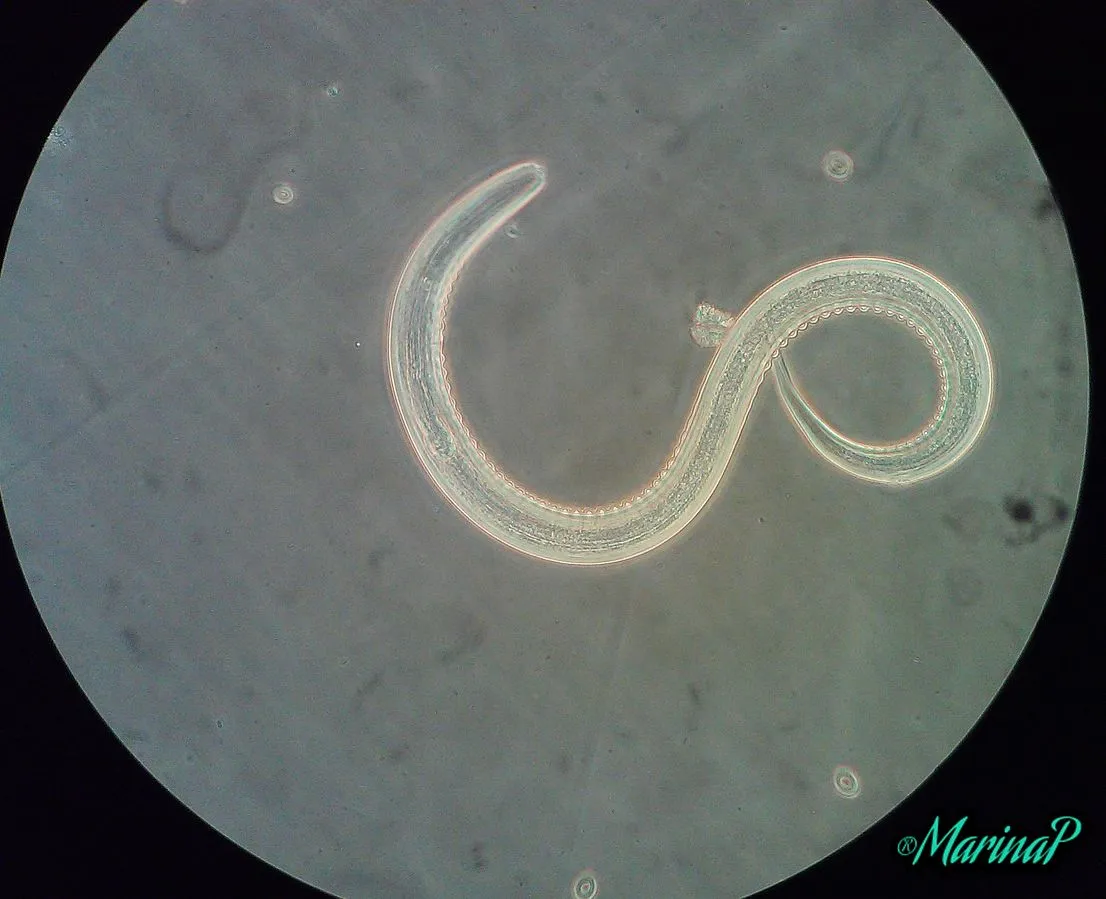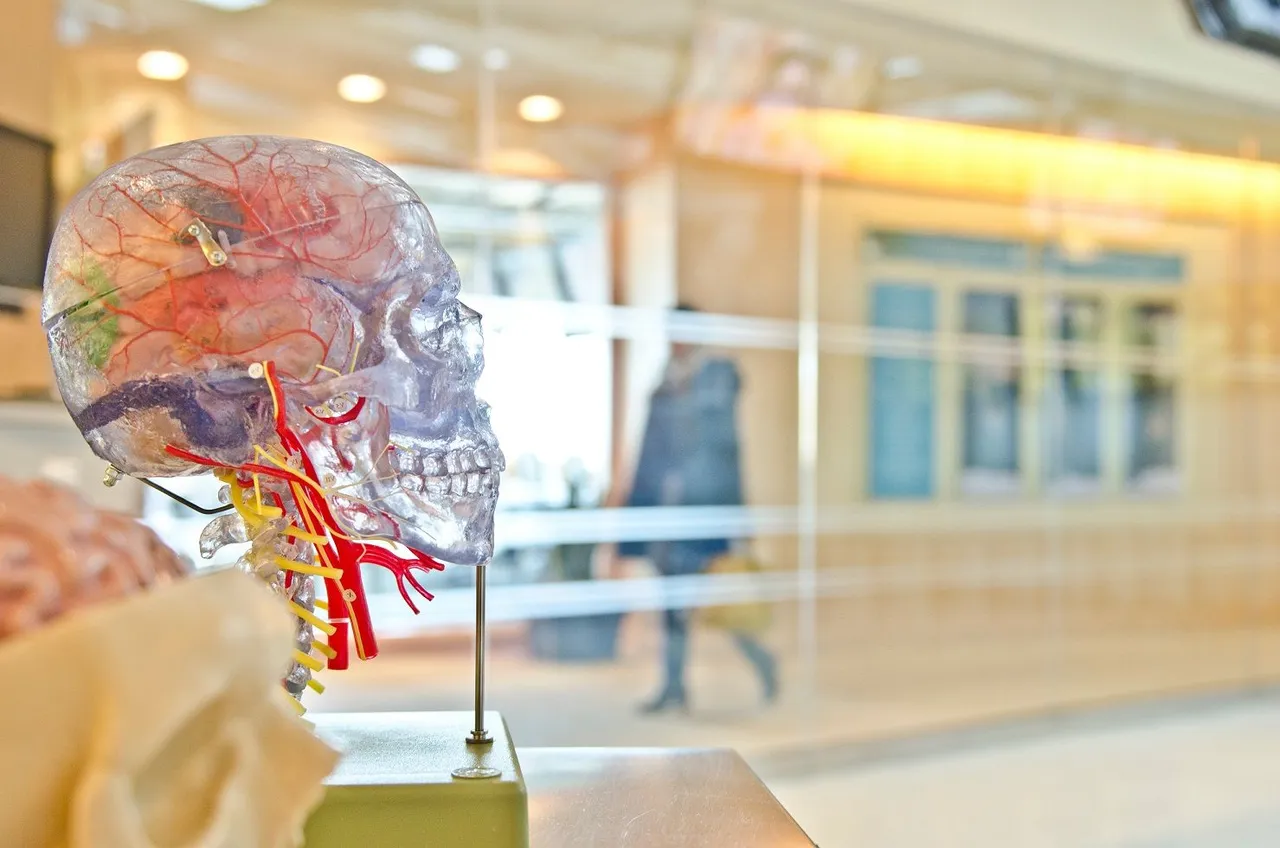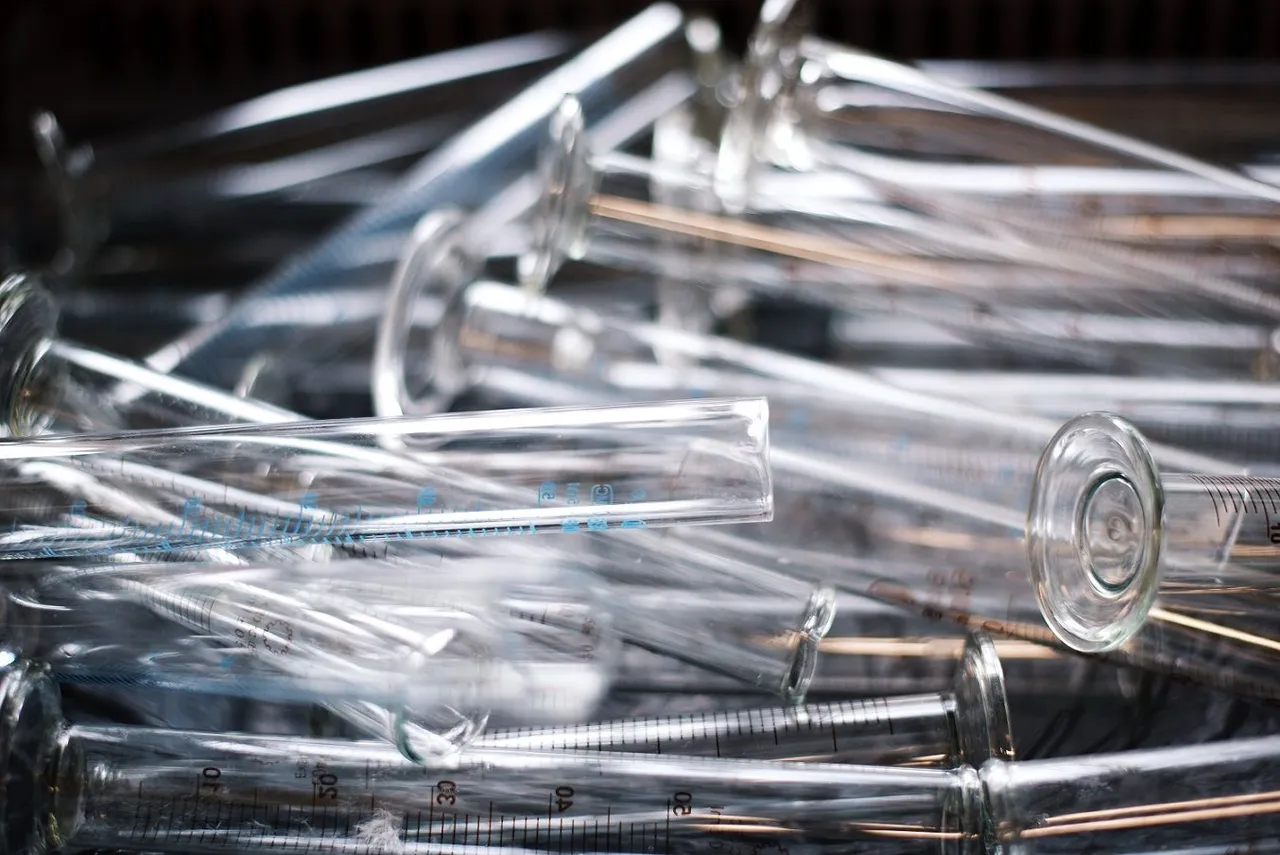
Hookworms are among the oldest creatures on earth, and have coexisted with mammals for millions of years. The oldest records detailing the symptoms of hookworm-affected humans date back to 1500 BC in ancient Egypt. For a large part of human history, hookworms were a common parasite. They continue to be a major health risk in the developing world. However, since the early 1900s, they have all disappeared in the developed world, thanks to the increased focus on hygiene. Their absence also coincided with the spurt of autoimmune diseases like asthma, Crohn’s disease, celiac disease, multiple sclerosis, and so on. However, just because there is a correlation, doesn’t mean that there is causation. This thought made the medical community to change the direction of research. Instead of blaming the good ol’ hookworm, they started to take note of the beneficial effects of these parasites.
And that’s exactly what John Fleming did, a professor of neurology. In 2008, he ran a set of trials on different patients suffering from autoimmune diseases. One of his patients was Jim Turk, who had been recently diagnosed with multiple sclerosis, an autoimmune condition wherein the immune system progressively destroys the nerve cell casings. Fleming gave Turk multiple doses of hookworm eggs to consume for a period of 3 months. The idea was that the hookworms would reign in Turk’s immune system and prevent it from causing any further damage to his brain.

Initially, Turk had 6.6 lesions, which disrupt the brain functions. By the end of the 3 months, he was left with only 2 lesions. Sure, there could be other treatments or medicines that contributed to the reduction in the number of lesions. But, here’s the thing. There is no known treatment for multiple sclerosis! Period. And when Turk’s hookworm treatment was discontinued, the number of lesions in his brain bounced back to 5.8. The return of the lesions is evidence of the fact that hookworms could be a potential cure.
The ‘gross’ factor may drive a significantly large section of the patients away from the treatment. Further, these bloodsucking parasites can become fatal as they cause large scale blood loss in some cases. This makes them unreliable as a potential treatment on a large scale.

A ray of hope comes from a team of immunologists from Australia. Severine Navarro and her team of colleagues at the James Cook University, led by molecular parasitologist Alex Loukas proposed that perhaps the hookworms themselves may not be the key, but the molecules they secrete. True enough, they were soon able to isolate a protein called anti-inflammatory protein-2 (AIP-2). They tested the isolated AIP-2 protein on a variety of animal models with autoimmune diseases, and in each case, the protein was able to deliver consistent results. They injected the AIP-2 in mice with dust allergy, and observed immediate results. Their hyperactive immune system’s allergic responses dropped significantly!
Now the protein that acts as an immune-suppressor in humans has been isolated, it would be possible for patients with autoimmune disease to simply consume a pill, instead of hookworm eggs. The ‘gross’ factor and the harmful nature of hookworms was addressed in one swell swoop. Such moments are rare in the field of medicine, and it is truly a historic moment.
Scientists all over the world are now at various stages of human clinical testing. If the researchers manage to cure at least one autoimmune disease in humans using AIP-2, without any side-effects that hookworms come with, then this will open up a whole new world of possibilities. We will finally be able to segregate the beneficial aspects of evolution from its harmful ones. That is groundbreaking.
Let me know your questions in the comments, and follow if you would like to see more unrelated to cryptos ♥
← Last post | Next post →